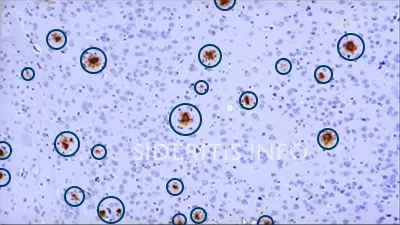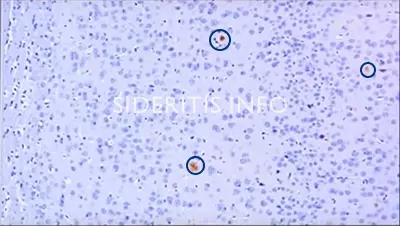4. How can we treat Alzheimer’s
All parts
- 1. What is a Dementia?
- 2. Types of Dementia, what is Alzheimer’s
- 3. Risk Factors Alzheimer’s
- 4. How can we treat Alzheimer’s ( You are here )
- 5. Medical Plants and Alzheimer’s
- 6. Early Treatment and Patient Replies
- 7. Treatment successes with plant extracts
Currently, there are only symptomatic treatments for Alzheimer’s dementia, (therapy refers to the symptoms of the disease). Various drugs are used, the effects of which are usually very short-lived and only effective in some patients. These include Rhealogica (improving blood flow), cholinesterase inhibitors, (Donepezil, Rivastigmine, Galantamine), NMDA receptor antagonist, (prevents overstimulation/memantine).
In addition, Alzheimer’s patients develop other symptoms such as hallucinations, anxiety and depression. These symptoms can be treated with antipsychotics and neuroleptics.
It is still up in the air which way of treatment is the right one. All previous Alzheimer’s vaccinations and treatments against β-amyloids have failed.
This led to the discussion of the amyloid hypothesis, (plaque deposits responsible for Alzheimer’s dementia), and whether it is even correct. The question is what actually causes the disease and what is the cause of the sporadic form of dementia.
ABC transporters and plaques in the brain
For several years, research has been carried out into various mechanisms that play a role in Alzheimer’s dementia. This includes, among other things, the activation of the “garbage disposal in the brain” (transport molecules), with the help of plant substances, (Part 6). In the brain we have different cells, such as nerve cells or blood vessels.
The vessels contain various transport molecules, (ABC transporters), that transport certain substances from the brain into the blood plasma. This is how the brain is cleansed. The transport molecules also play an important role in cancer or cancer treatments. Cancer cells are resistant to chemotherapy because of these molecules.
In the case of Alzheimer’s, these molecules may no longer function properly in the blood-brain barrier, resulting in deposits.
Research in mice found that a 10% impairment, (restriction), in transport molecules resulted in a fourfold increase in β-amyloid plaques. This research was reported on the German TV show Visite.
The transport molecules can be activated, e.g. with rifampin, or inhibited by cardiovascular drugs (e.g. β-blockers). The role these drugs play in long-term treatment is not yet known.



